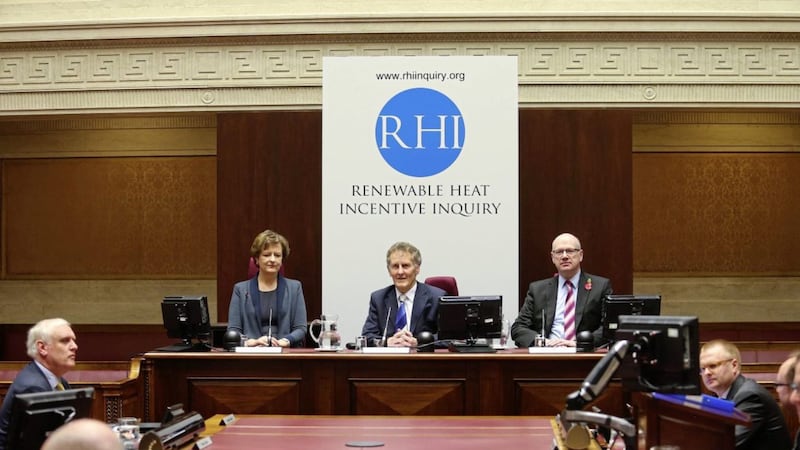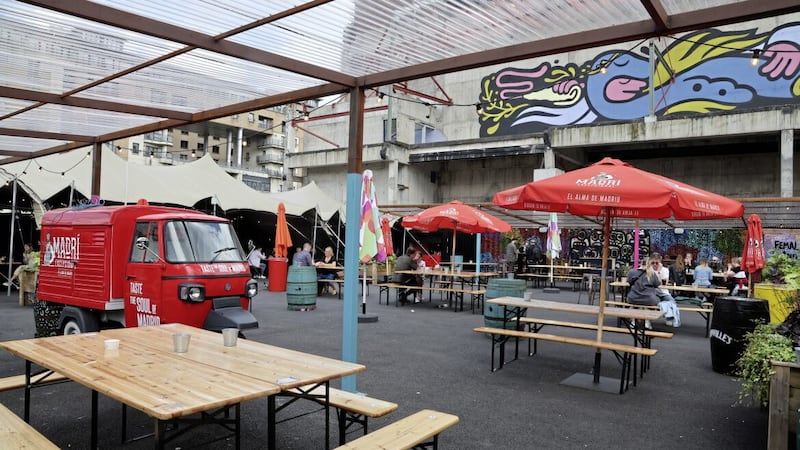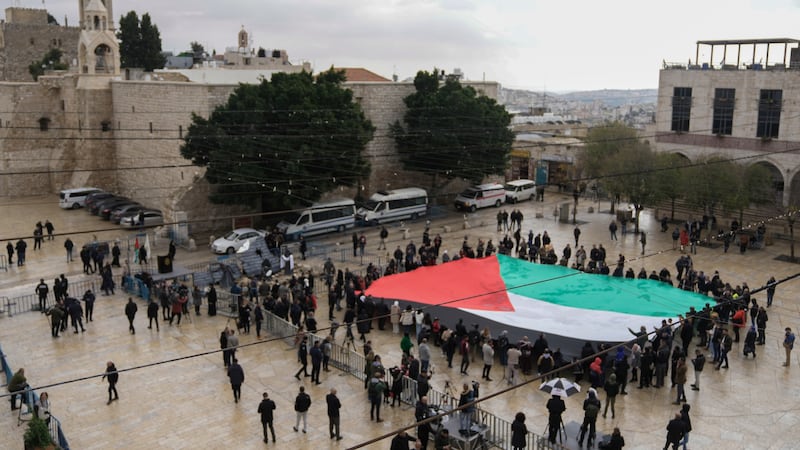As the RHI inquiry hears from final witness, Brendan Hughes looks back at the key points from evidence heard over more than 100 days.
Among key facts to emerge from the public evidence sessions into the `ash for cash' scandal were:
Staffing, resources and expertise
RHI in Northern Ireland was set up "on a shoestring" with the equivalent of just one-and-a-half Department of Enterprise, Trade and Investment (Deti) staff - compared to 77 Department for Energy and Climate Change employees working on the scheme in Britain.
There was a "wholesale change of personnel" in Deti's energy team between 2013 and 2014, with no overlap between two senior officials.
One official moved to RHI in 2014 had "close to zero" knowledge of energy policy and "didn't really understand what was going on".
Missed checks and balances
Consultancy firm Cambridge Economic Policy Associates (Cepa), tasked with examining RHI proposals, recommended subsidy tariffs higher than the cost of biomass fuel - an error that was not picked up.
Cepa director Mark Cockburn admitted it had been "no more expert" than civil servants.
Deti did not address warnings during its public consultation about the incentive to install multiple smaller boilers to maximise subsidies.
It launched the scheme without including amendments made to RHI in Britain, such as cost controls and a temporary suspension option if there was overspend.
Despite warning by energy regulator Ofgem, Deti decided it would instead "make necessary amendments in the future".
A risk register, drawn up in 2012, was not updated.
A review of RHI due in early 2014, which could have identified problems never happened.
Warnings from the public
Janette O'Hagan, who runs a wireless heating systems firm, warned Deti multiple times that businesses were abusing the scheme, but felt it was "clear that my concerns would not be further investigated".
Her fraud allegations were not referred to internal auditors.
DUP MLA Jim Wells forwarded a letter to Deti in September 2014 from a constituent who said he felt he was "being punished" as other boiler owners were able to claim a bigger tariff by using multiple smaller boilers.
Arlene Foster
As the minister who launched the RHI scheme, a key consideration has been what level of responsibility the DUP leader holds for the litany of failings.
Mrs Foster said it was a "matter of deep regret for me politically and personally", but it was "difficult to see what I could have done differently".
She admitted RHI was "wasn't a personal priority of mine within the department", and believes officials should have given her more information and flagged up any issues.
Her evidence broadly consisted of denying claims made against her, and being unable to recollect specifics.
Mrs Foster said "I'm accountable but I'm not responsible" for the actions of her special advisor (spad) Andrew Crawford in passing on information on RHI to relatives,
She defended Mr Crawford currently being employed in a part-time role with the DUP on Brexit issues.
Jonathan Bell
Mr Bell succeeded Mrs Foster as Deti minister in May 2015, and was in charge of the department when RHI costs were recognised and became a problem.
He claimed DUP spads Timothy Johnston and Andrew Crawford intervened to delay the introduction of cost controls in autumn 2015 and Mrs Foster "overruled" his bid to finally close the scheme in early 2016.
The inquiry heard claims Mr Bell displayed "bullying and aggressive behaviour" towards DUP members and Stormont officials, "rarely read his ministerial papers or briefing notes" and "often boasted" that he had only read the summary sheet.
Mr Bell denied the allegations, claiming he was the victim of a "smear campaign".
DUP special advisors
Timothy Cairns, Mr Bell's former spad, claimed that Timothy Johnston and Andrew Crawford were involved in delaying cost controls - "their view was that the latest date possible should be sought".
Mr Cairns described Mr Johnston, spad to the first minister, as "at the top of the tree" within the DUP and second only to the party leader in seniority.
Mr Johnston, now party chief executive, denied any role in cost control delays, despite an email Mr Cairns sent to him in August 2015 which appeared to support that claim.
Mr Crawford had three relatives with 11 RHI boilers who produced poultry for Moy Park and admitted sharing a confidential consultation document to his cousin in July 2013.
In an email to Moy Park in autumn 2014, he assured the firm there would be no tariff reduction.
When officials were drawing up cost controls in summer 2015, Mr Crawford suggested a change which would have aided claimants running boilers for longer.
He denied inquiry chair Sir Patrick Coghlin's suggestion this was a "sales pitch for Moy Park", insisting he "did not suggest seeking a delay to the date proposed for the introduction of tiered tariffs, at any time, to anyone".
Agriculture, poultry and industry
Details of plans to introduce cost controls in 2015 was openly shared through the industry, leading to a spike in applications before November 2015 when subsidies were capped - worsening the scheme's spending issues.
Among those consulted on the plans was poultry giant Moy Park - with half its suppliers RHI claimants - The Ulster Farmers' Union and biomass installers.
Read more:
- RHI inquiry live on Friday October 26 - 'DUP spads knew scheme was being abused'
- Ian Paisley on Jonathan Bell meeting: 'I had just met Walter Mitty in the flesh'








